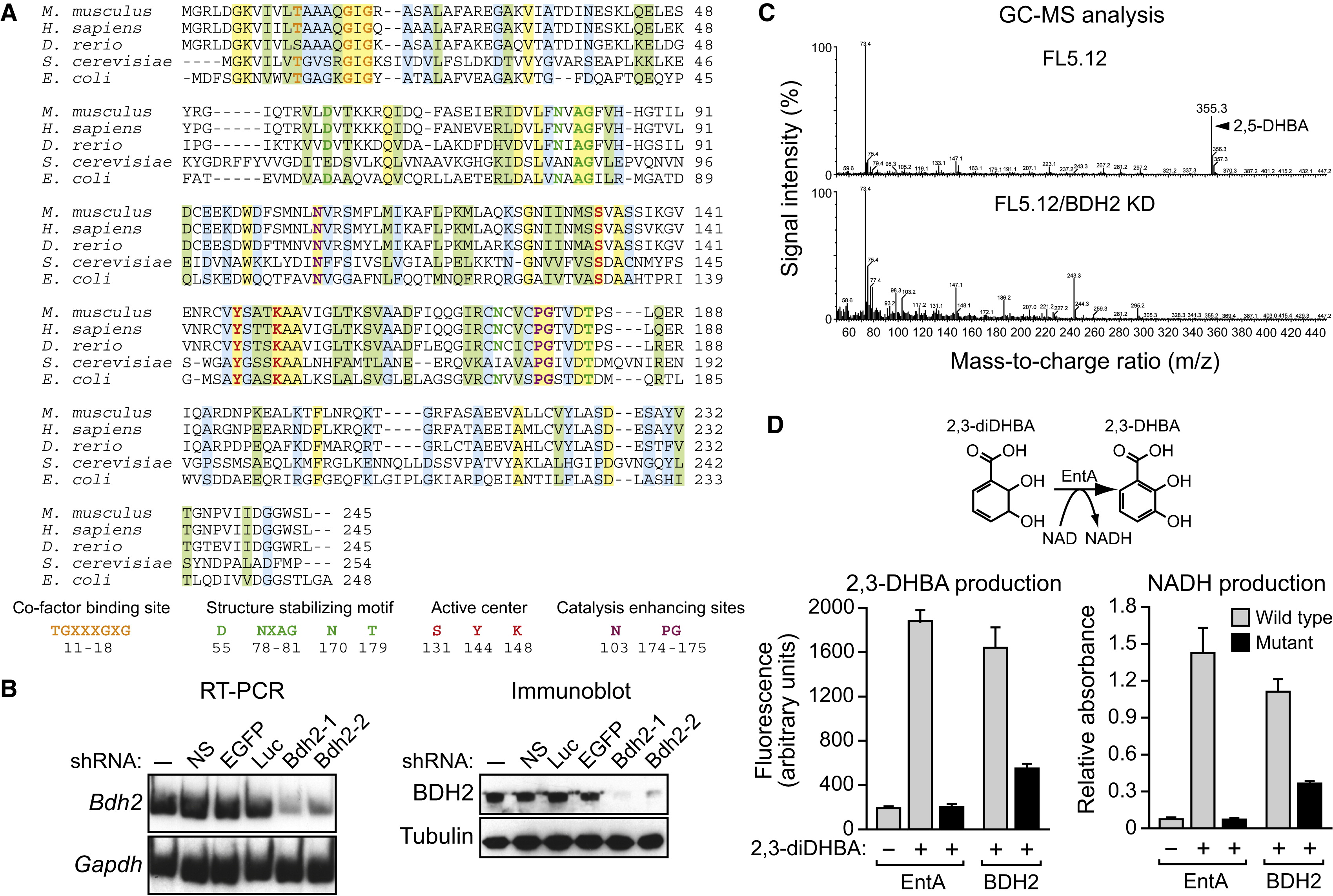Fig. 2 Identification of a Murine Homolog of Bacterial EntA that Mediates 2,5-DHBA Synthesis
(A) Multiple sequence alignment of EntA/BDH2 homologs. Identical residues between all five proteins are indicated in yellow, conserved residues in green, and semiconserved residues in blue.
(B) RT-PCR (left) and immunoblot (right) analysis monitoring murine Bdh2 expression in FL5.12 cells treated with one of two unrelated shRNAs targeting Bdh2 or a control nonsilencing (NS), enhanced green fluorescent protein (EGFP), or luciferase (Luc) shRNA.
(C) GC-MS analysis of the eluted 24p3 sample prepared from parental FL5.12 cells or FL5.12 cells expressing a Bdh2 shRNA.
(D) Wild-type and mutant bacterial EntA and mouse BDH2 proteins were analyzed for their ability to convert 2,3-diDHBA to 2,3-DHBA (left) or NAD to NADH (right). Error bars indicate the SD. Mutant EntA/BDH2 proteins were expressed at comparable levels to the wild-type proteins (Figure S2C).
See also Figure S2.
Reprinted from Cell, 141(6), Devireddy, L.R., Hart, D.O., Goetz, D.H., and Green, M.R., A mammalian siderophore synthesized by an enzyme with a bacterial homolog involved in enterobactin production, 1006-1017, Copyright (2010) with permission from Elsevier. Full text @ Cell

